EXPERT • January 2020
The Club’s guide to getting better sleep
We all have tricks on how to get a good night's sleep while travelling, but do they always work? In case they don't, we asked award-winning hypnotherapist and author, Malminder Gill, to give us her tried-and-tested tips for your next trip
Adjust your sleep cycle
A few days before you travel, it can help to begin adjusting your circadian rhythm to reduce jet lag – websites such as Jet Lag Rooster are worth trying. Simply enter your journey details and it will recommend when to expose your body to light and when you should try to sleep (or at least be in darkness). Before you fly, adjust your clock to the time zone of the arrival city, so you can begin to determine whether you should sleep or stay awake.

Remember home comforts
Around 70 per cent of people say pillows have an impact on their sleep. To make sure you are comfortable, it can help to bring your own pillow which you know suits your sleep style and gives a welcome sense of familiarity. You can buy a handy packing case that protects the pillow and folds it down to a third of its original size. If you cannot travel with a pillow, use a relaxing scented pillow spray at home for a week or two before travel, then take the spray for your new pillow at your destination for a comforting feeling of home.

Don’t force sleep
It can be frustrating when you can’t sleep, but worrying about it won’t help. The National Sleep Foundation recommends that if, after 20 minutes, you can’t drift off, stop trying and instead do something relaxing such as listening to calming music while practising breathing exercises. Guided sleep meditations or yoga nidra can be useful to listen to before bed, to help slow and control your breathing. These recordings let you focus on the body and the areas you need to relax. If sleep evades you, quiet wakefulness is still beneficial for relaxing, so don’t stress too much – just schedule a time for rest instead.
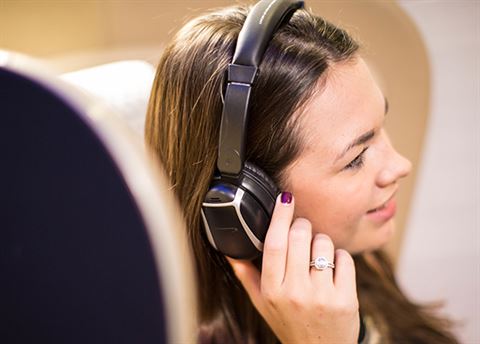
Banishing devices
Phones, tablets and laptops emit a blue light that can disrupt the body’s production of the sleep hormone melatonin, lowering production levels by as much as 22 per cent. So it’s wise to ban screen time at least two to three hours before bed. Instead, use this time for relaxation and reflection. If you really can’t be away from your device, invest in a blue-light-blocking screen, switch your phone to greyscale or use blue-light-blocking computer glasses. Remember, that blue light isn’t the only problem with using devices at night – the gadgets keep your brain stimulated, making it harder to switch off.
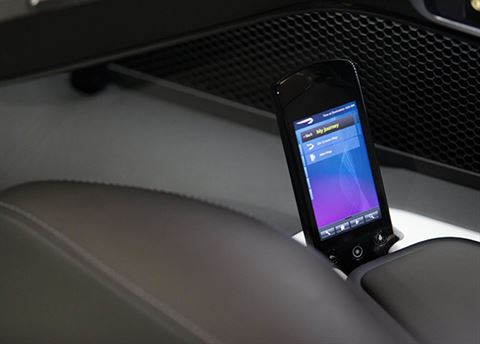
Lightweight sleepwear
It is important to feel comfortable when sleeping in an environment you’re not used to. Breathable, lightweight and quick-wicking sleepwear is perfect for travel to any climates, and easy to pack. Aim for stretchy, natural materials. Your skin needs to breathe, but you’ll also need to feel cosy. Jersey knits can be great for comfort and stretchiness. If you buy sleepwear for your travels, wash them at home first so they’ll smell comforting and increase your relaxation. Don’t forget to include a sleep mask for your eyes and ears, and cosy socks.

Optimal sleep temperature
If you have air-con while travelling, adjust your bedroom temperature to a cool and calming 18 degrees. The body sleeps best at 15-19 degrees, while for children it’s 18-21 degrees. Your body heat drops to its lowest levels when you are asleep, and a cool room speeds up this process. If you cannot set the room temperature, find other ways to keep cool. A hot shower before bed will increase your body temperature, but when you step out it will quickly drop, helping to prepare your body for sleep. Make sure there is an airflow or fan in the bedroom to circulate cool air.

Prepare your mind for sleep
A sleep routine before bed can play an integral part in allowing you to get a good night’s rest, and ensuring your body clock is set for a healthy sleep pattern. Make your routine as long or as short as necessary, but aspects could include journaling, skincare cleansing and moisturising, and perhaps a gentle yoga stretch. As you get into bed, meditation or listening to a sleep podcast can help your mind switch off. I have created a sleep hypnosis audio to aid your night-time routine – you can download a free copy here
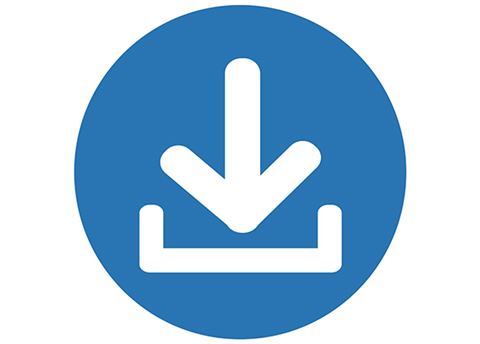
Maintain your sleep schedule
If you are travelling for just a few days, it may not be wise to disrupt your current sleep pattern. This is where portable blackout blinds can come in handy. Using suction cups, you can install them quickly across the windows so you always have a dark space to get some shut-eye. Blackout blinds also reduce glare from streetlights and vehicles, helping your sleep to remain uninterrupted and ensuring a sufficient melatonin release.
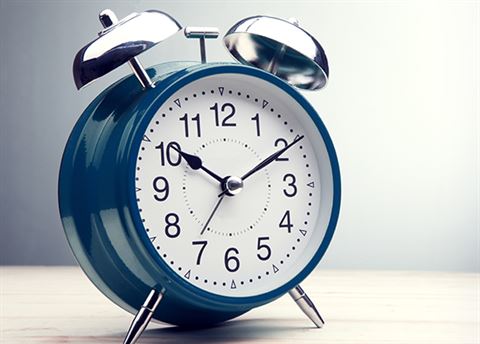
Stretch out
Travelling can be hard on the body. When you arrive at your destination, your body will thank you if you spend 15 minutes exercising. Depending on how you feel, this could be a dynamic HIIT session to get the blood moving and muscles working. This will also raise your heart rate, triggering feel-good endorphins. If you have limited time before bed, gentle yoga and stretching can lower your blood pressure and cortisol levels. Studies even show that mind-body exercise such as yoga can be a natural therapy for insomnia.
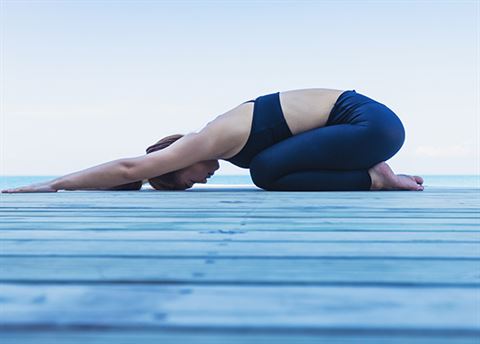
Essential oils
With small bottles, essential oils are easy to pack and can provide various benefits. A few drops of lavender oil on your pillow or pulse points can help slow your heart rate, lower blood pressure and promote a feeling of calm and drowsiness. Rose and geranium are known to reduce stress and anxiety, making them ideal for sleep. Every individual will respond to scents differently, so it’s worth experimenting with those you like. The best essential oils for sleep, as well as those mentioned above, include valerian, sweet marjoram, bergamot, roman chamomile and clary sage.
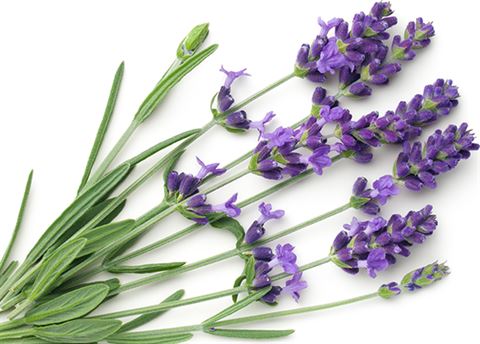
More from previous issues
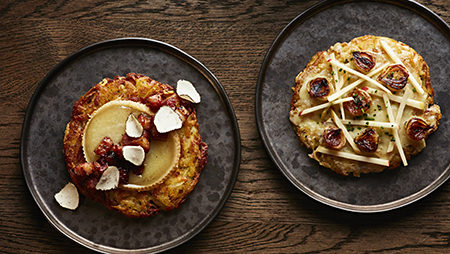
London’s cosiest alpine experiences
'Tis the season: get your mug of mulled wine at the ready, as we discover the city's most Christmassy corners

Where we went; where we’re going next
As the curtain closes on another year, The Club team reflect on destinations that delighted in 2019, and trips that will tempt in 2020

The best of BA news
Three revamped lounges are unveiled at Johannesburg, Milan and Geneva, British Airways teams up with The British Red Cross and becomes the first international airline to touch down at Beijing’s new airport
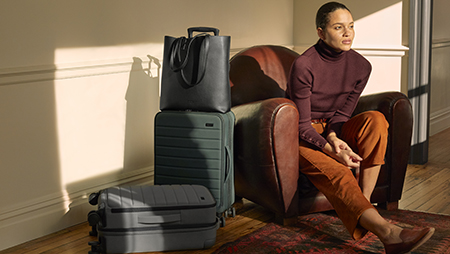
How to pack for a winter sun getaway
To those swapping winter for sun, sea and sand, our fashion expert has the hottest products deserving a place in your case
